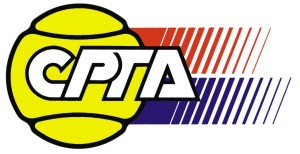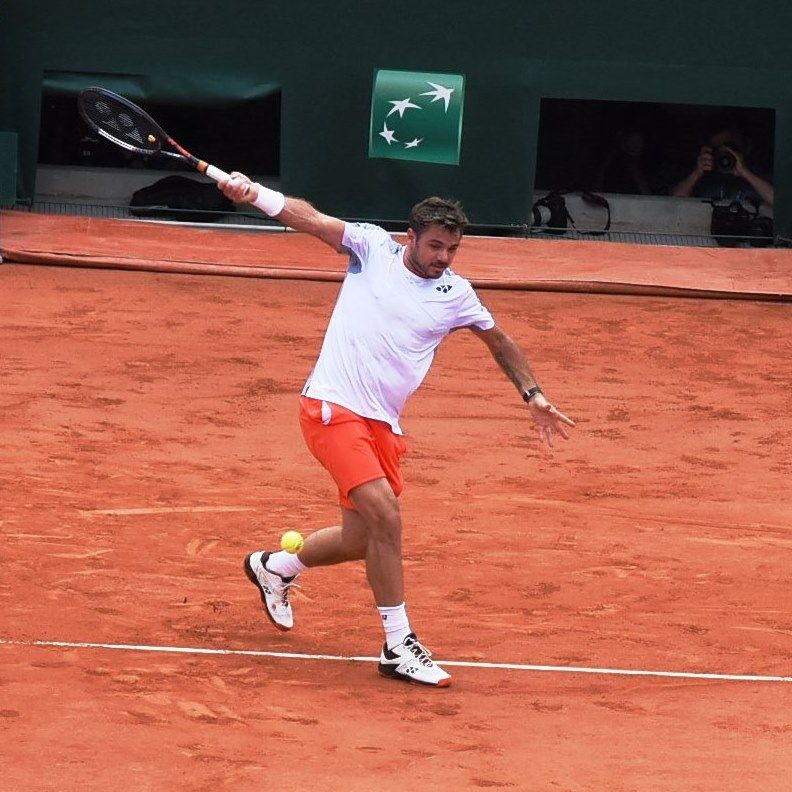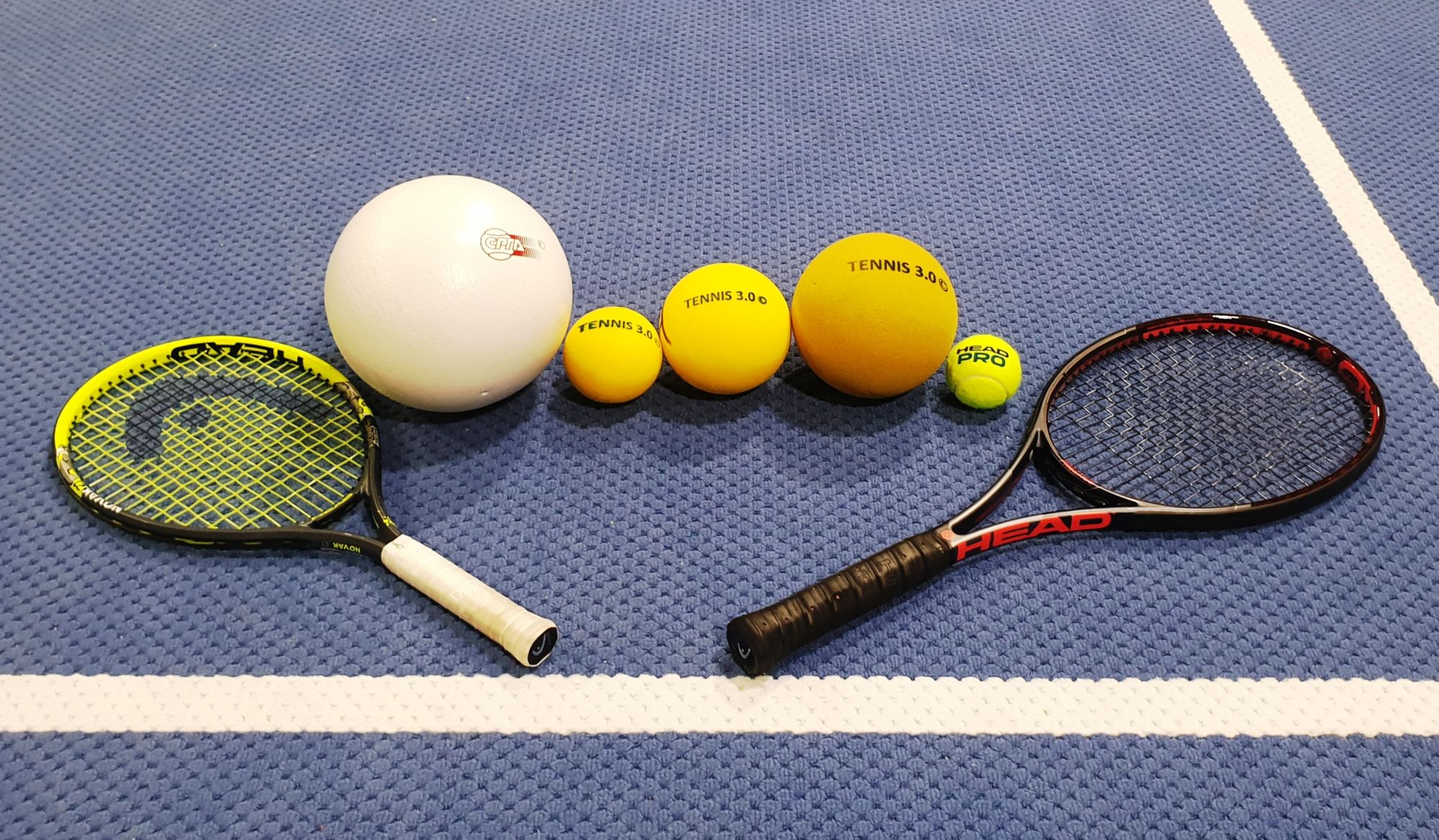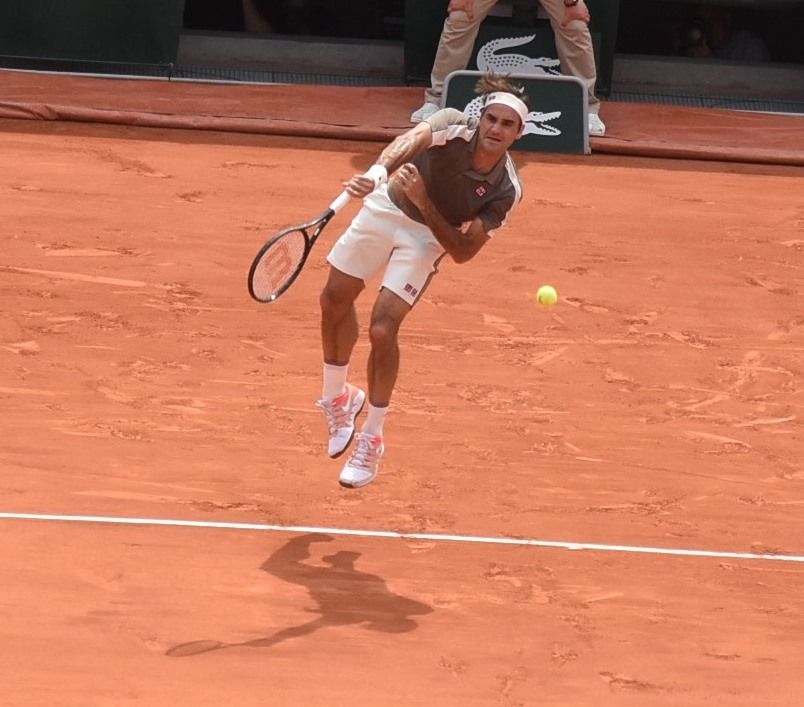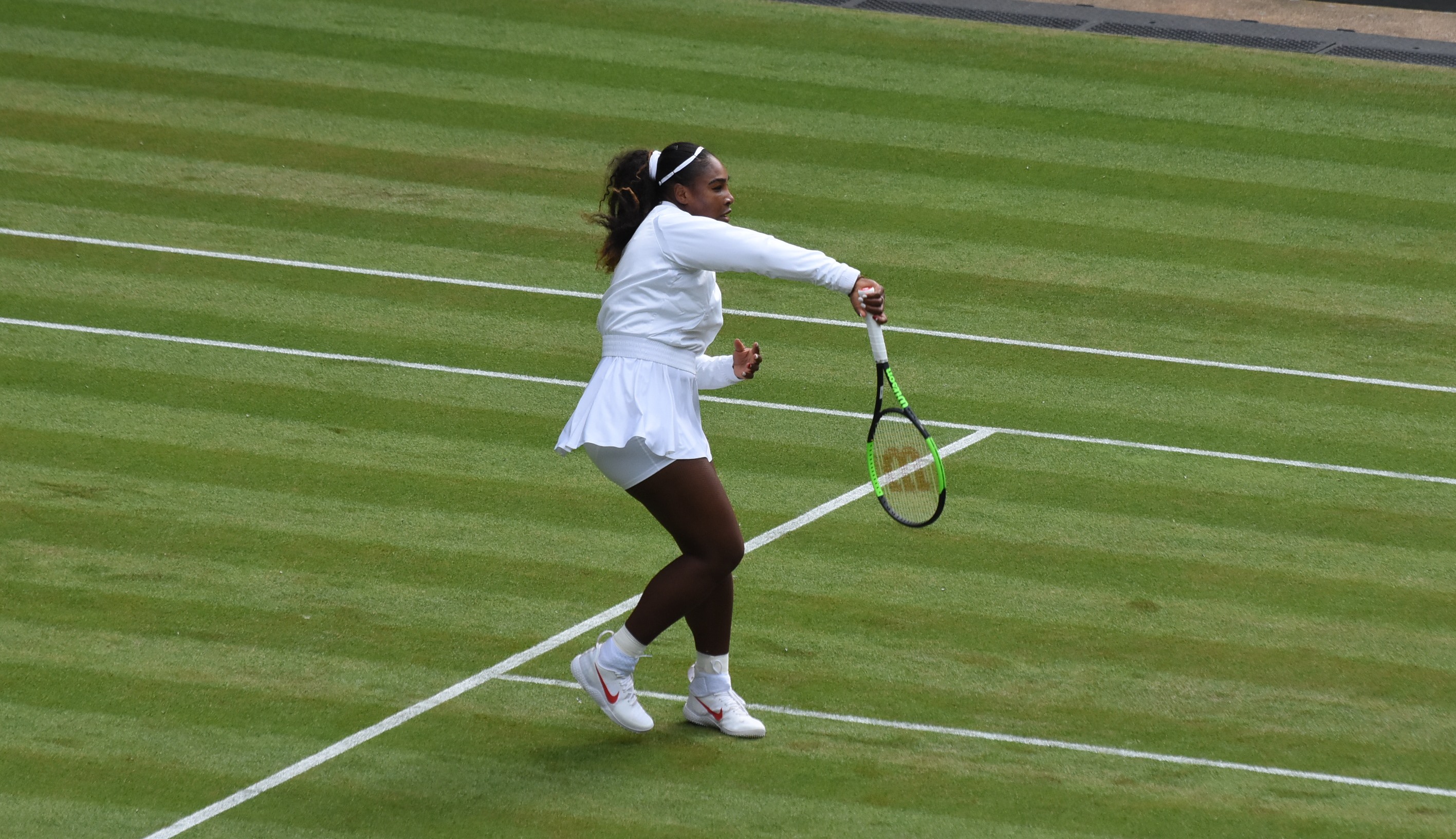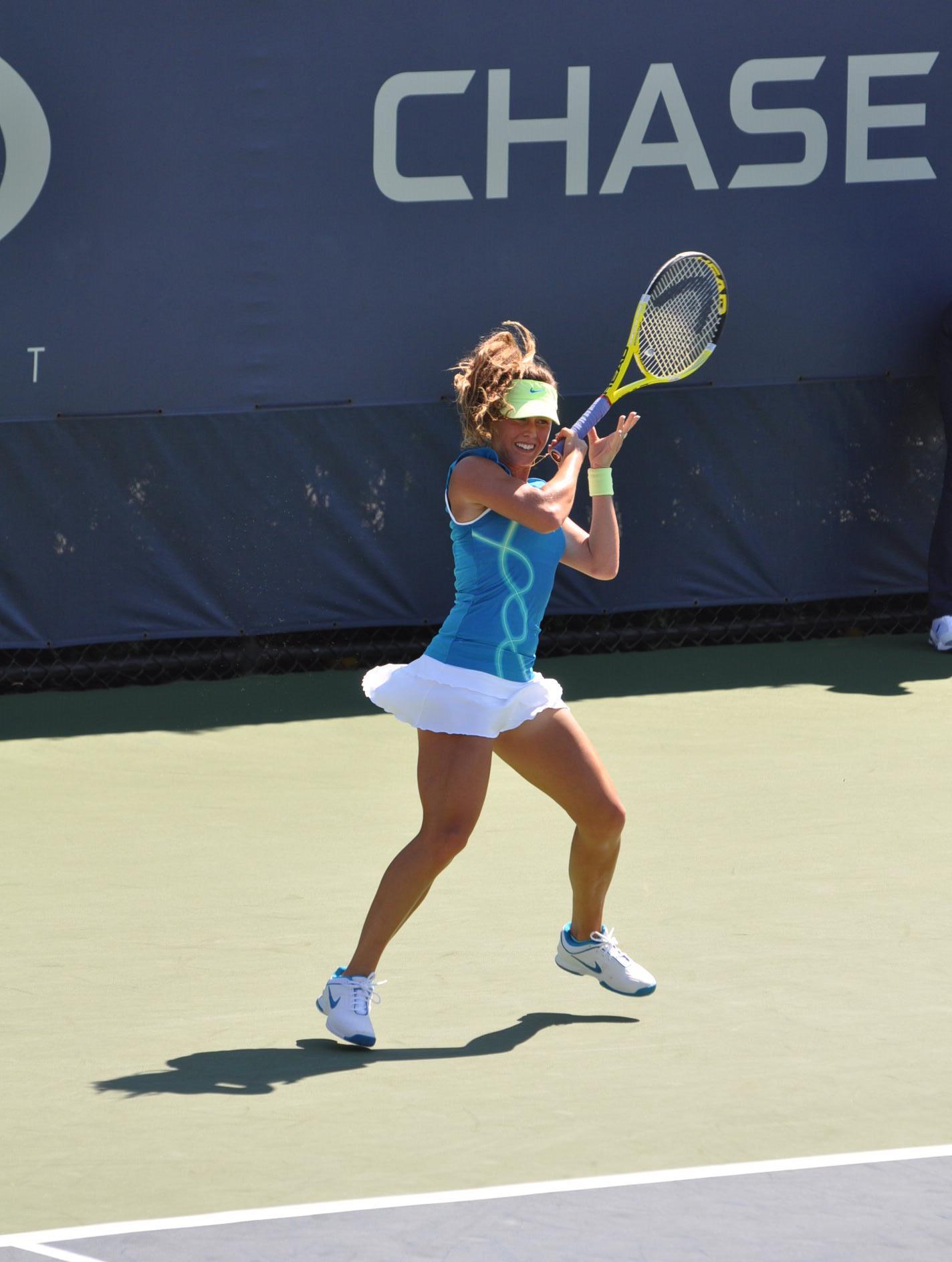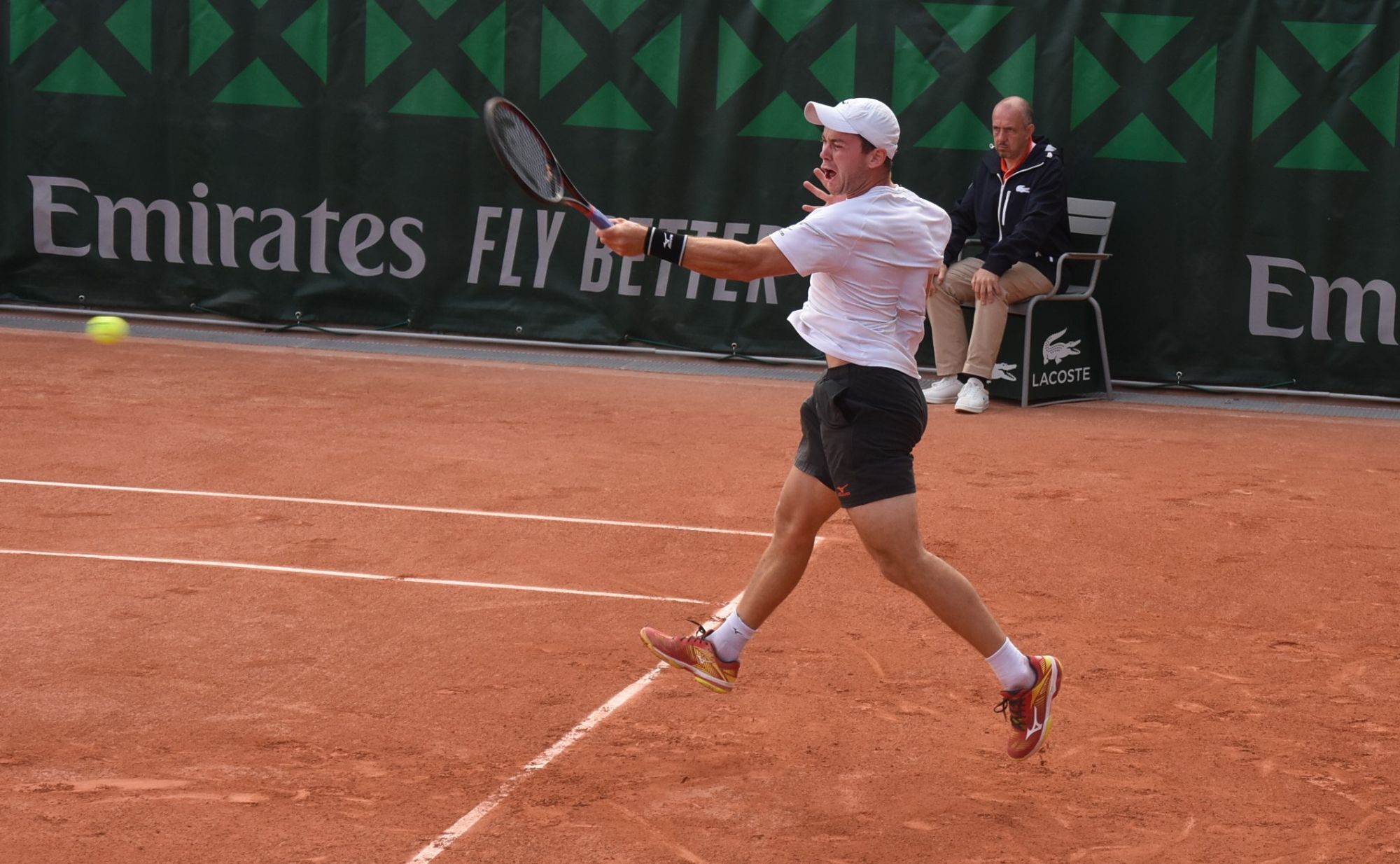
Dominik Koepfer – Solid Leftie Forehand 3.0
Already there he did belong to the rather smaller group of players understanding quite well some of the main elements of the Forehand 3.0 Code while often successfully following the necessary reference points leading to the body energy dominance of his forehand strokes...
